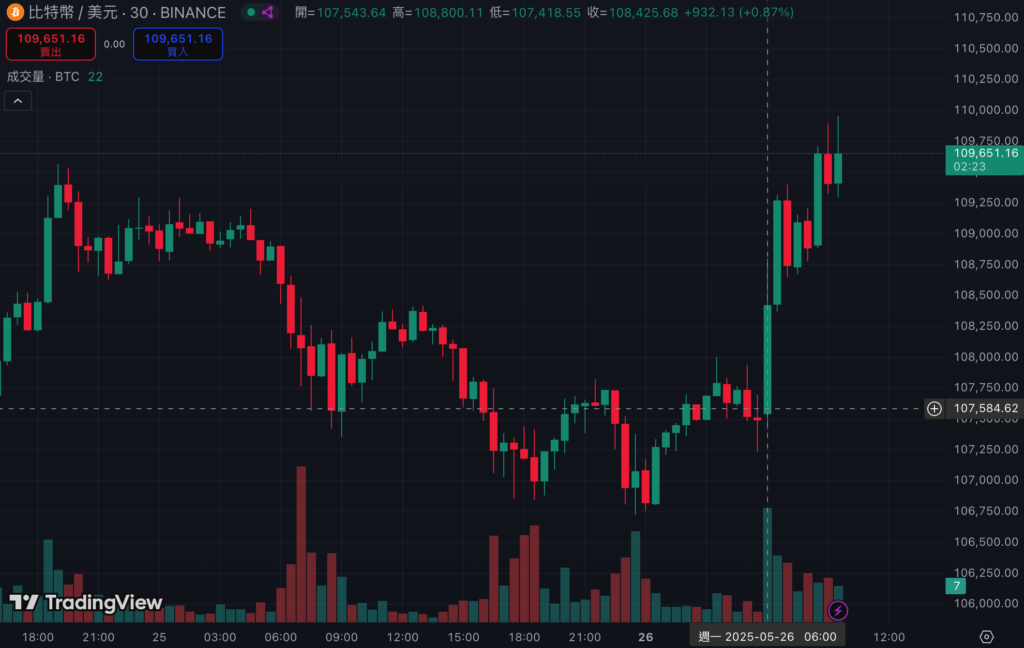U.S. President Trump has postponed the plan to impose a 50% tariff on EU imports until July 9th, providing a brief respite for the tense U.S.-EU trade relations. According to Fortune report, the news immediately impacted U.S. stock index futures and Bitcoin, reflecting market optimism about potential trade conflict de-escalation. Forex.com data shows the EUR/USD exchange rate also rose above 1.1380. However, whether this delay can dispel the global economic trade uncertainty remains uncertain. Market focus is now shifting to the upcoming financial report from tech giant NVIDIA this week.
Trade Negotiations Show Potential Breakthrough, Tariff Threat Temporarily Suspended
The Trump administration previously proposed and suspended a 20% "reciprocal tariff" on the EU in April. This sudden 50% tariff threat caught EU officials off guard. Trump stated on his social platform Truth Social that negotiations with the EU had "no progress" and criticized the EU's value-added tax, fines on U.S. companies, and regulations. EU Commission President von der Leyen responded on X platform:
"The EU is ready to quickly and decisively advance negotiations. To reach a good agreement, we need time until July 9th."
Trump's Sunday decision returns negotiations to pre-threat status, providing both sides over a month to seek consensus. Although U.S. stock futures rose due to the tariff delay, gold prices stalled after failing to reach $3,367 per ounce, indicating investors remain cautious about potential trade tension impacts.

Uncertainty Persists, Tech Earnings Under Scrutiny
Despite the tariff delay providing breathing room, trade policy uncertainty (TPU) remains a market concern. According to CEPR research, rising TPU typically exerts negative pressure on stock markets, potentially suppressing business investment and earnings expectations. The ongoing trade war risk could trigger widespread economic disruption. As the European Central Bank noted, trade tensions have intensified volatility in U.S. and EU stock markets. Meanwhile, the market is highly focused on NVIDIA's financial report and performance guidance to be released Thursday morning, which Fortune believes is crucial for the AI sector and overall market.
U.S. corporate first-quarter earnings have been strong, with Goldman Sachs analysis showing earnings growth of 12% exceeding expectations. However, BOK Financial warns that tariff impacts on future earnings remain unclear, as they might drive up prices and impact consumer demand. Additionally, S&P Global Market Intelligence notes that while the tech industry is resilient, industries highly dependent on international supply chains still face uncertainties.
Overall, Trump's delay in imposing EU tariffs provides temporary market relief, momentarily alleviating trade war escalation concerns. However, this is merely a stopgap measure, and the shadow of trade protectionism has not dissipated, continuing to bring market volatility. In the coming weeks, the market will closely monitor the progress of U.S.-EU trade negotiations and the financial performance of tech giants like NVIDIA.






